Who’s Afraid of Virginia Woolf (review): Holly Twyford delivers a potent, memorable Martha
Who's Afraid of Virginia Woolf is another showcase for Holly Twyford's amazing talent

When it comes to Edward Albee’s Who’s Afraid of Virginia Woolf, his brilliantly ruthless dissection of a diseased marriage, many a mind’s eye will be drawn inexorably to visions of the glamorously loud and louche Martha delivered by Elizabeth Taylor in the 1966 film version.
But one of the hallmarks of amazing acting is the ability to take a role previously owned and tagged by a luminary — even one as iconic as Taylor — and shake it free of the audience’s associations and expectations.
And in Ford’s Theatre’s production of Woolf (![]()
![]()
![]()
![]() ), the ever-stellar Holly Twyford does just that.
), the ever-stellar Holly Twyford does just that.
An entirely new and fully sentient Martha, this woman is so urgent and credible, it’s hard to believe she isn’t still drinking and carrying on in some manse in McLean long after the curtain falls. A careening, alcohol-fueled socialite commando, she lives to lob grenades at friend and foe alike, often with no other purpose than to see the blood fly. And what Twyford gets so right is that this Martha can’t stop the music, even when the results shock or bewilder her. She is addicted to her acts of marital and social vandalism.

But this interpretation gains in power because it also ably bridges the decades between when the play was written and the here and now. Martha may use the affected speech of the ’60s, but her crass and crushing style speaks to a very twenty-first century kind of woman: a better-bred, more psychologically powerful version of the Real Housewives currently entertaining and influencing the over-waxed masses.
It’s a potent, memorable concoction and director Aaron Posner does a superb job of allowing this free radical of a performance to do its thing, without destroying the larger dynamic.
This dynamic — specifically the people in it — are Martha’s flashpoints. And you can see where Posner wants go: A fast and furious battle of emotional, psychological and verbal poetry. But although Gregory Linington’s George does eventually deliver the goods, not everything here sings. This is a snide George, a man who has learned to savor and harness his bitterness, to draw it out like some kind of dark and deadly taffy pull. But Linington’s pacing is uneven. His zombie-like behavior at the start of the evening feels unaccountable and there are times when he gilds the professor’s lily with a tad too much actorly affectation, which distracts and dampens. His scenes with Nick, the young male visitor-cum-sexual rival, never quite jibe, due in part to this uneven pacing and delivery. Still, George can shoot a perfectly timed zinger and, at times, his battles with Martha generate some real and ruinous chemistry. Linington also manages one of the great challenges of George: he reveals at the end — and with subtlety — the deepest architecture of the marriage dynamic.
Carrying off a role that could easily turn stock, Maggie Wilder is a very strong Honey, the naïve wife of the canny Nick. Gullible, sickly and a perennial pleaser, Honey isn’t a particularly sympathetic character, but Albee uses her to suggest the cracks in the young union and as a contrast to other scheming adults. The challenge here is to deliver Honey’s periodic gaucheries without sounding overly stagey and Wilder does a great job in channeling some authenticity. Honey’s comments sound forced, because they are forced — it’s all this woman knows how to do.
As Nick, a new and ambitious academic on campus and Honey’s less-than-thrilled husband, Danny Gavigan certainly looks the part. But, like Linington, there is a certain unevenness to his younger man that thwarts the alchemy needed between this striver and George. As Nick calculates how to handle the challenging couple he must schmooze, not enough of his internal dialogue makes it to the surface and his changes in mood sometimes seem to come out of nowhere. On the flip side, there are times when he almost overreacts. That said, Gavigan is a big, charismatic presence and he is wholly believable as a target worth Martha’s while.
Thus, this is less a powerhouse production and more a vehicle for the amazing powers of Twyford — but so be it. This is one Martha you want elbowing her way into your Albee.
Who’s Afraid of Virginia Woolf runs to Feb. 19 at Ford’s Theatre, 511 10th St, NW. Tickets are $15 to $62. Call 888-616-0270 or visit fords.org.
Support Metro Weekly’s Journalism
These are challenging times for news organizations. And yet it’s crucial we stay active and provide vital resources and information to both our local readers and the world. So won’t you please take a moment and consider supporting Metro Weekly with a membership? For as little as $5 a month, you can help ensure Metro Weekly magazine and MetroWeekly.com remain free, viable resources as we provide the best, most diverse, culturally-resonant LGBTQ coverage in both the D.C. region and around the world. Memberships come with exclusive perks and discounts, your own personal digital delivery of each week’s magazine (and an archive), access to our Member's Lounge when it launches this fall, and exclusive members-only items like Metro Weekly Membership Mugs and Tote Bags! Check out all our membership levels here and please join us today!





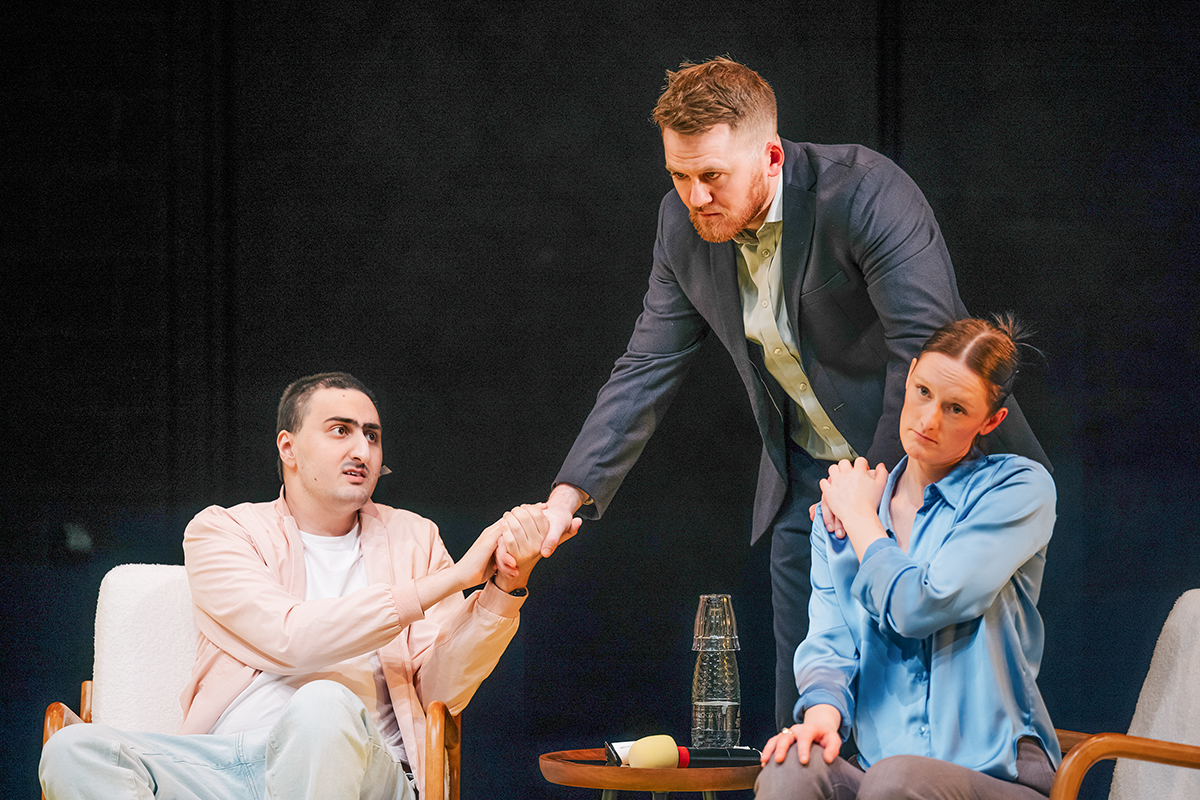
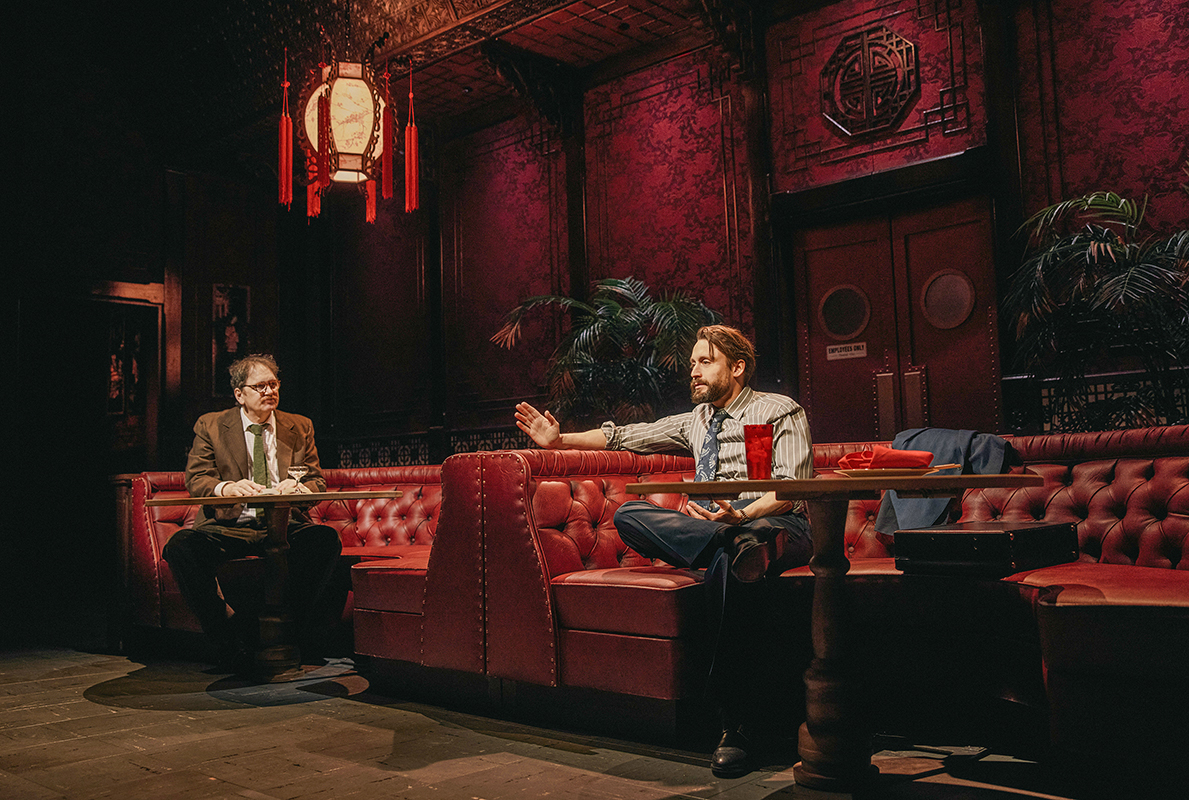
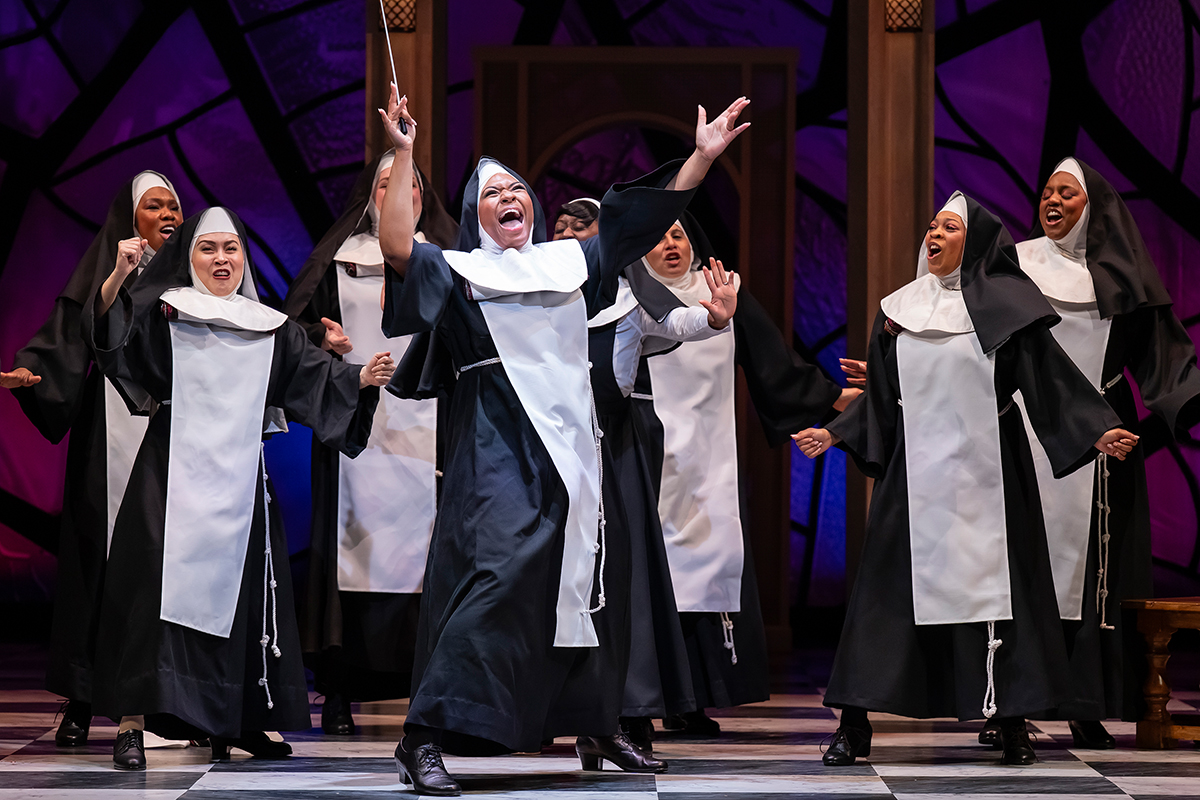















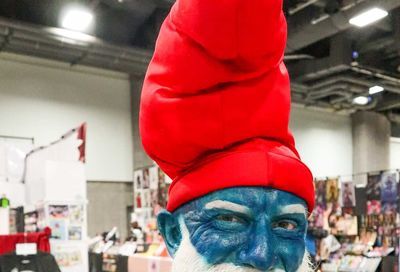
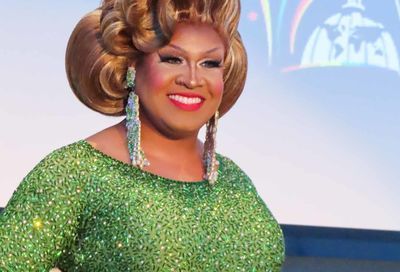
You must be logged in to post a comment.